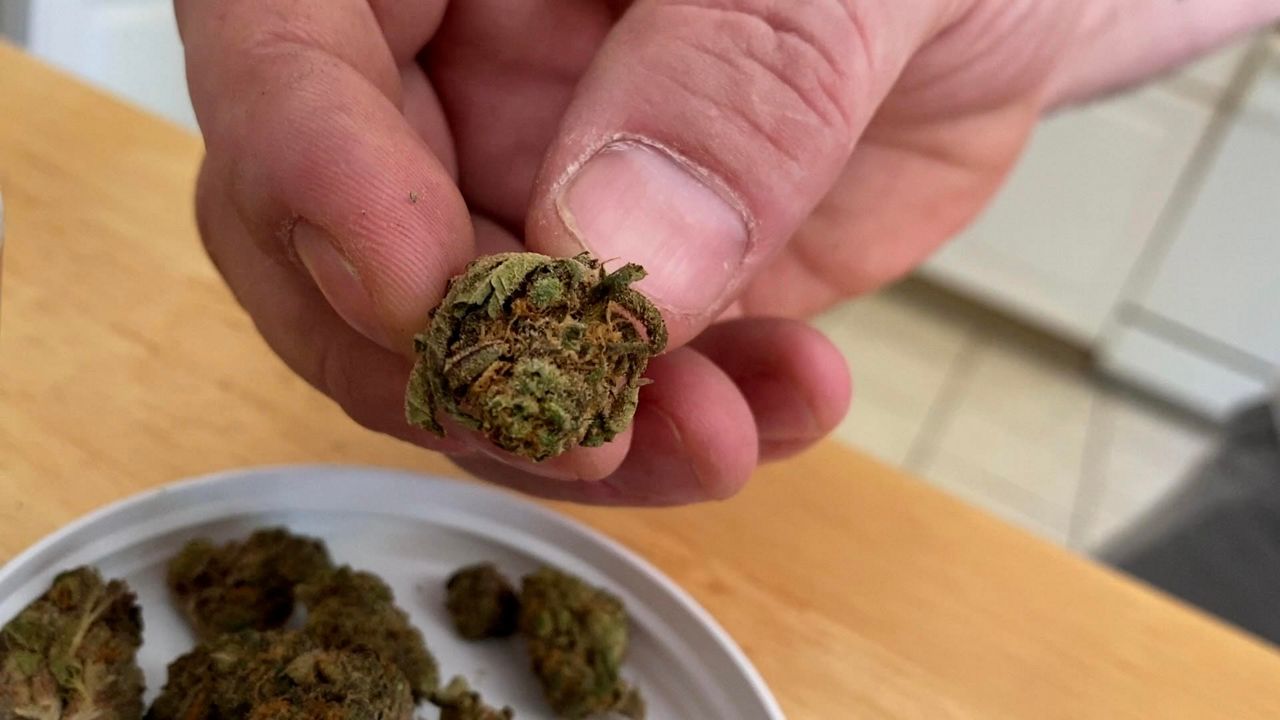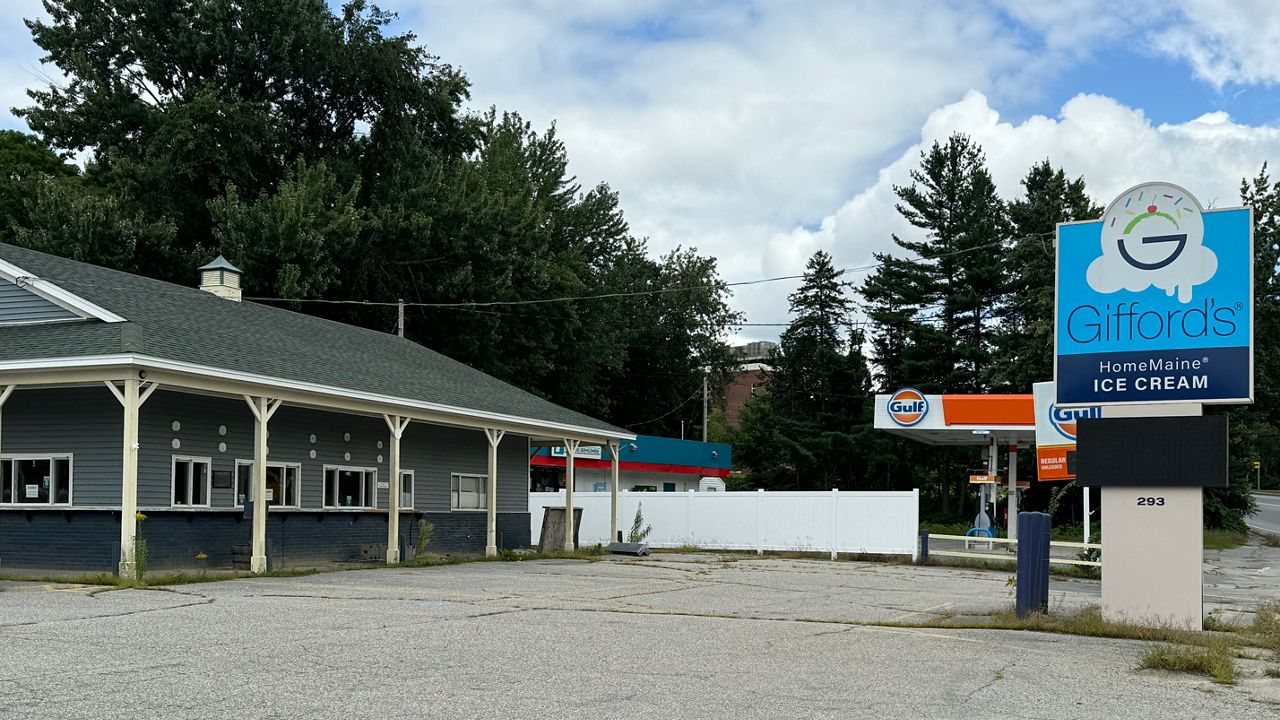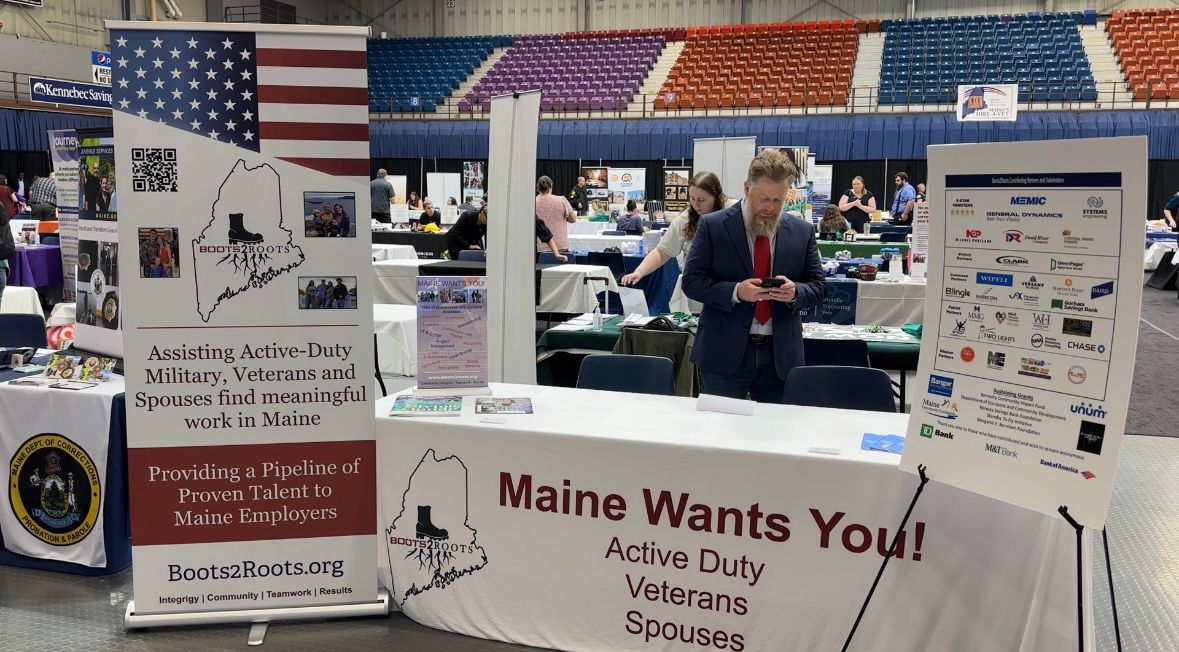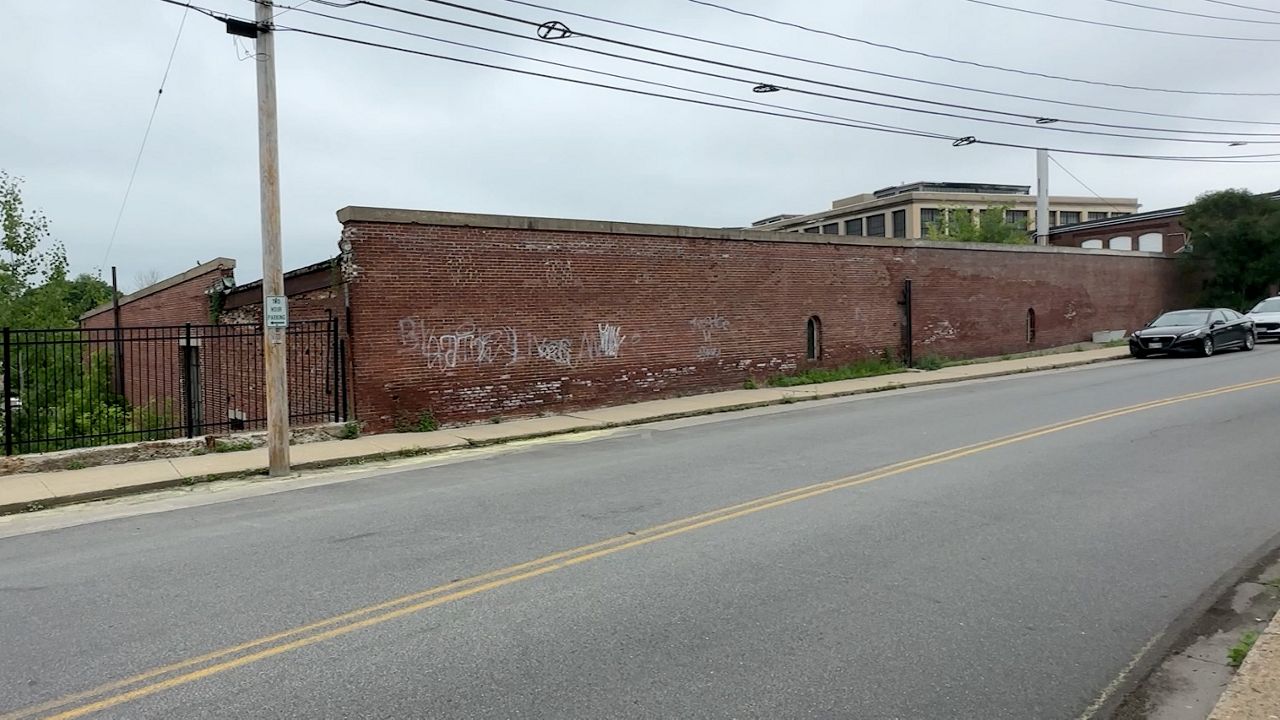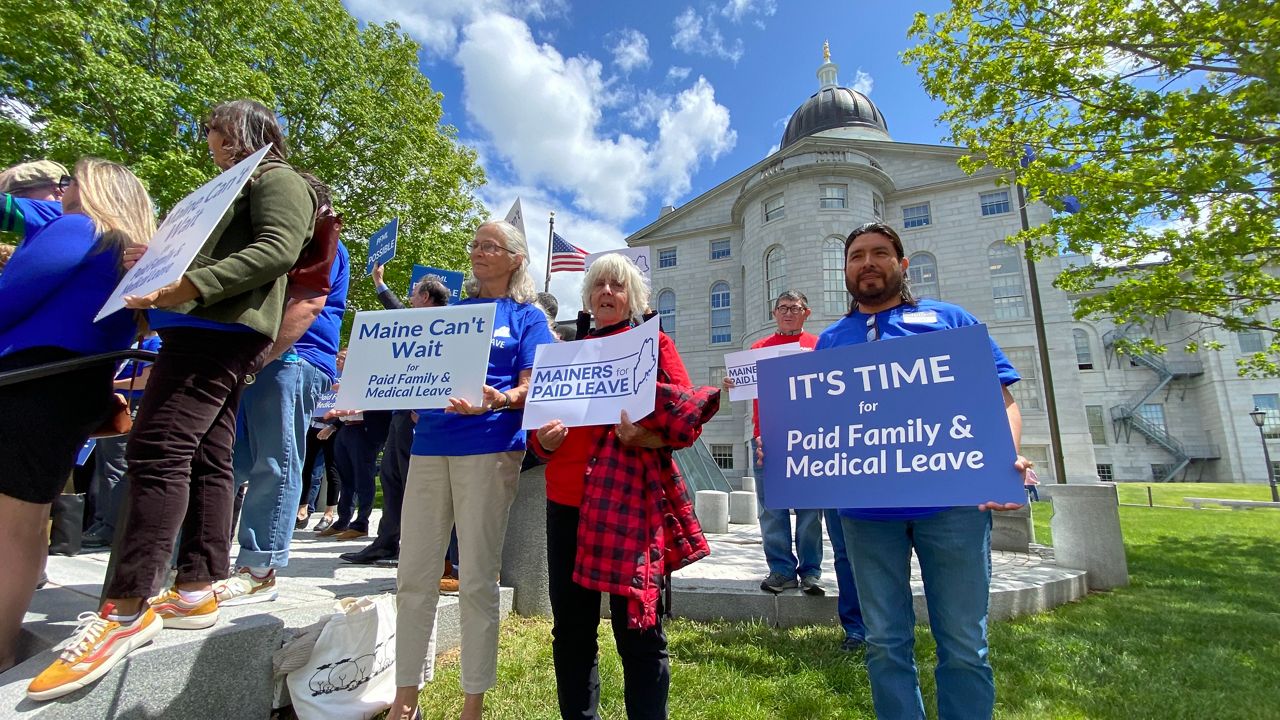Whether Maine should allow people to smoke or eat cannabis in lounges, at campgrounds and in food served at restaurants is being considered by a state task force.
John Hudak, director of the state Office of Cannabis Policy, said lots of ideas are on the table, but nothing has been endorsed in the first two meetings of the Cannabis Hospitality Task Force.
“The charge is to examine opportunities for hospitality-related business activities in the state’s adult use program,” Hudak said.
Maine has two cannabis industries, the adult-use sector and medical cannabis program.
Earlier this year, state lawmakers directed Hudak to create the task force as part of a bill that made several changes to the state’s cannabis laws.
In January, a legislative committee debated many sides of the issue, with Rep. David Boyer (R-Poland) saying he wants to create spaces similar to brew pubs.
He said the lounges would be particularly beneficial for tourists who may not be allowed to use cannabis in hotel rooms or renters who aren’t allowed to consume or smoke it in their units.
Others questioned how law enforcement will be able to test drivers for impairment, noting that there’s no technology currently available to determine over consumption.
Those issues and more will be addressed by the task force, which includes a private chef, city officials, public health experts and adult use cannabis companies such as Highbrow and Curaleaf. They have until February to produce a report.
The task force, which has met twice and is scheduled to meet twice more in August, is considering whether Maine is ready to allow on-site consumption and what type of licensing structure would be needed to govern it, Hudak said.
Chris Beaumont, Portland’s marijuana compliance coordinator, represents municipal interests on the task force.
“Being one of Maine’s largest municipalities I think it was important for Portland to have a seat at that table, to be privy to the information that’s coming across,” he said. “This is a big piece of the industry that’s missing right now.”
Beaumont has heard from current cannabis companies in the Portland area that they are interested in expanding to on-site use.
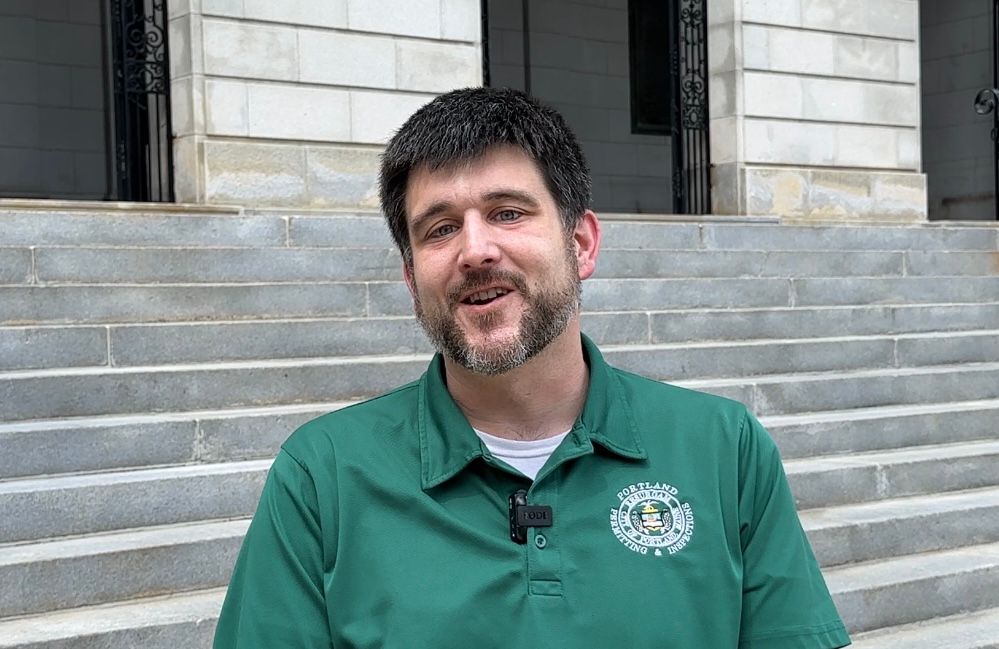
“This is something I think a majority of them are looking for,” he said. “Whether it’s that sit-down true lounge model, or a hybrid of that that looks a little bit different, I’ve had a lot of people reach out since they saw I was appointed to this task force with ideas or questions.”
Another task force member, Anne Sedlack, is representing public health on the panel. As director of advocacy for the Maine Medical Association, she said they have significant concerns about public use of cannabis.
They are worried about minors getting increased access to cannabis and “the lack of technology to detect consumers driving under the influence.”
“We are also very concerned about any efforts to roll back laws around smoking in public places,” she said via email.
In addition to concerns about impacts on the smokers, she said they are worried about how secondhand smoke impacts employees and others close by.
She said if the state decides to move forward with cannabis consumption in public spaces, the medical association will push for more education.
“Each of these approaches to cannabis hospitality comes with its own public health considerations, and we cannot ignore them for the sake of growing the industry,” she wrote.
Across the country, about a dozen states allow public cannabis consumption, although the regulations vary from state to state, according to the Marijuana Policy Project.
Hudak said in Maine, he’s emphasized to the task force the need to ensure that whatever policy they are creating will allow for profitable businesses.
And there’s the issue of municipal control over whether to allow them at all.
“Local control is sacrosanct in Maine,” he said. “Any ideas put out to undermine local control oftentimes fail.”
Beaumont agreed, saying that the current system that allows municipalities to opt-in to cannabis sales makes it important to give each city and town its own voice.
“From the municipal standpoint, that local control piece is very important to keep,” he said.
The group meets again from 1-4 p.m. Aug. 14 and Aug. 28. The meetings are streamed on the Office of Cannabis Policy’s YouTube channel.





